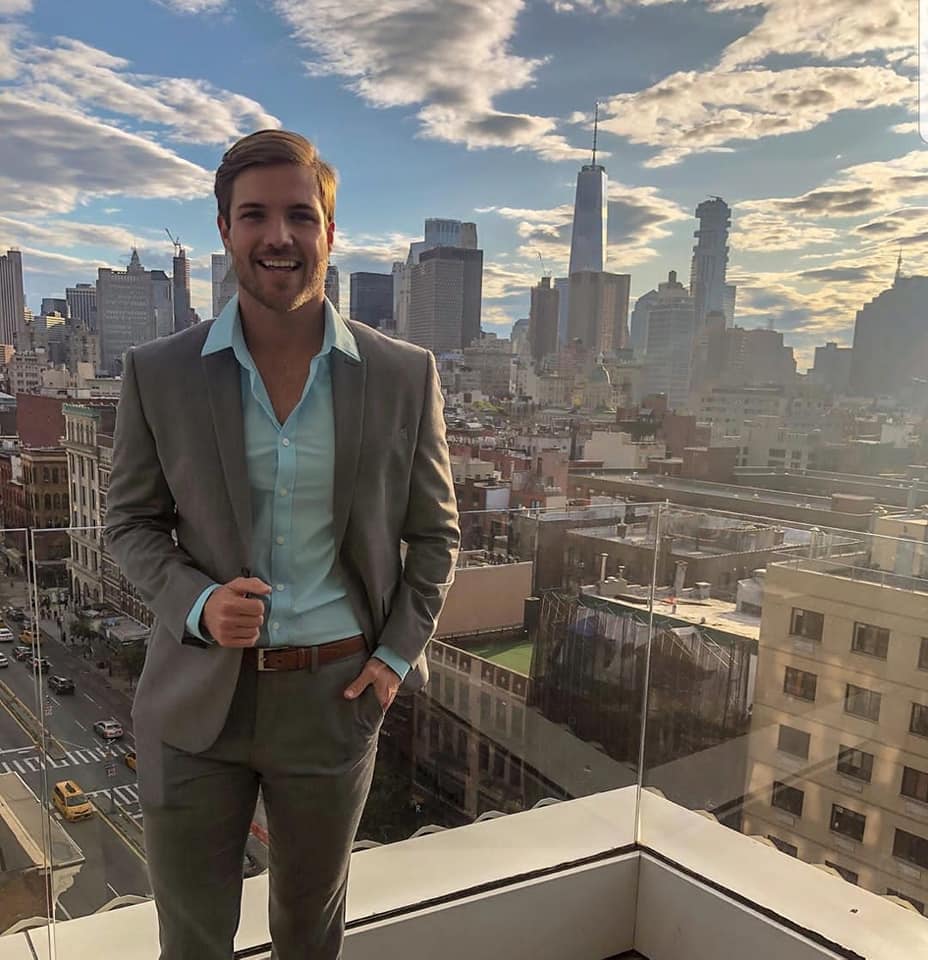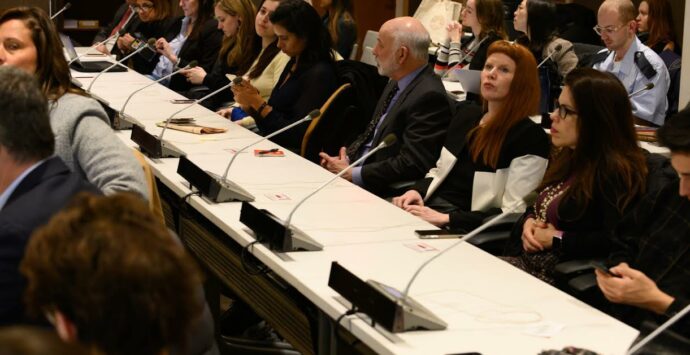
Sunny Sif 
Kayanie Terrazas
On Saturday, September 7th, survivors, celebrities, and families affected by the opioid crisis came together to share their stories. As decades of medical neglect come to light, large pharmaceutical companies and government bodies are finally taking notice. The fashion industry is no stranger to addiction and during New York Fashion Week, Supermodels Unlimited Magazine honored those in recovery and those lost to the disease of addiction. To celebrate those living in recovery they showcased a collection of little blue dresses during national recovery month.

Britney Ernest 
Corrin Stellakis
The LBD Movement is a celebrity fashion showcase held seasonally during New York Fashion Week that highlights national issues facing teens and young adults. This year’s show featured survivors of addiction, from all walks of life, who are giving back to their communities and inspiring a new generation to make healthy choices. Along with the survivors walking in The LBD Movement runway show was proud to host celebrated models and actresses: Isis King from Netflix’s When They See Us, Jeana Turner from America’s Next Top Model (ANTM).
Spinning beats for the models was head-turning celebrity DJ James
Kennedy from Bravo-TV’s Vanderpump Rules.

Isis King 
Jeana Turner

DJ James Kennedy

Jordan Kimball


Richard Lowe at Center with his NYFW Setup Staff
The evening’s celebrity host was Jordan Kimball of ABC-TV’s Bachelor in Paradise. Kimball is currently starring in the newest season of Bachelor in Paradise, where things are quickly heating up. Kimball is also a fan favorite from The Bachelorette.
What they’re doing cannot be applauded enough. Addiction effects everyone at some point in their life, whether it be a friend, family, or yourself. Shatterproof is working hard to aid in their recovery, save lives, and rebuild relationships. Shatterproof is a blessing, and we owe it to them to show our support!”
says Jordan Kimball.
Supermodels Unlimited Magazine concluded The LBD Movement runway event with a live music tribute by Wesley Stromberg from The X Factor, followed by a check presentation of $5,000.00 to Shatterproof. Shatterproof is a national nonprofit organization focused on reversing the course of the addiction crisis in America by advocating for changes to federal and state policy, transforming addiction treatment, ending stigma and providing public education through family and workplace programs.

Jordan Kimball Accepts Special Award for his Support of SU at NYFW 
Jordan Kimball enjoys the View from The New Museum’s Skyroom at NYFW










